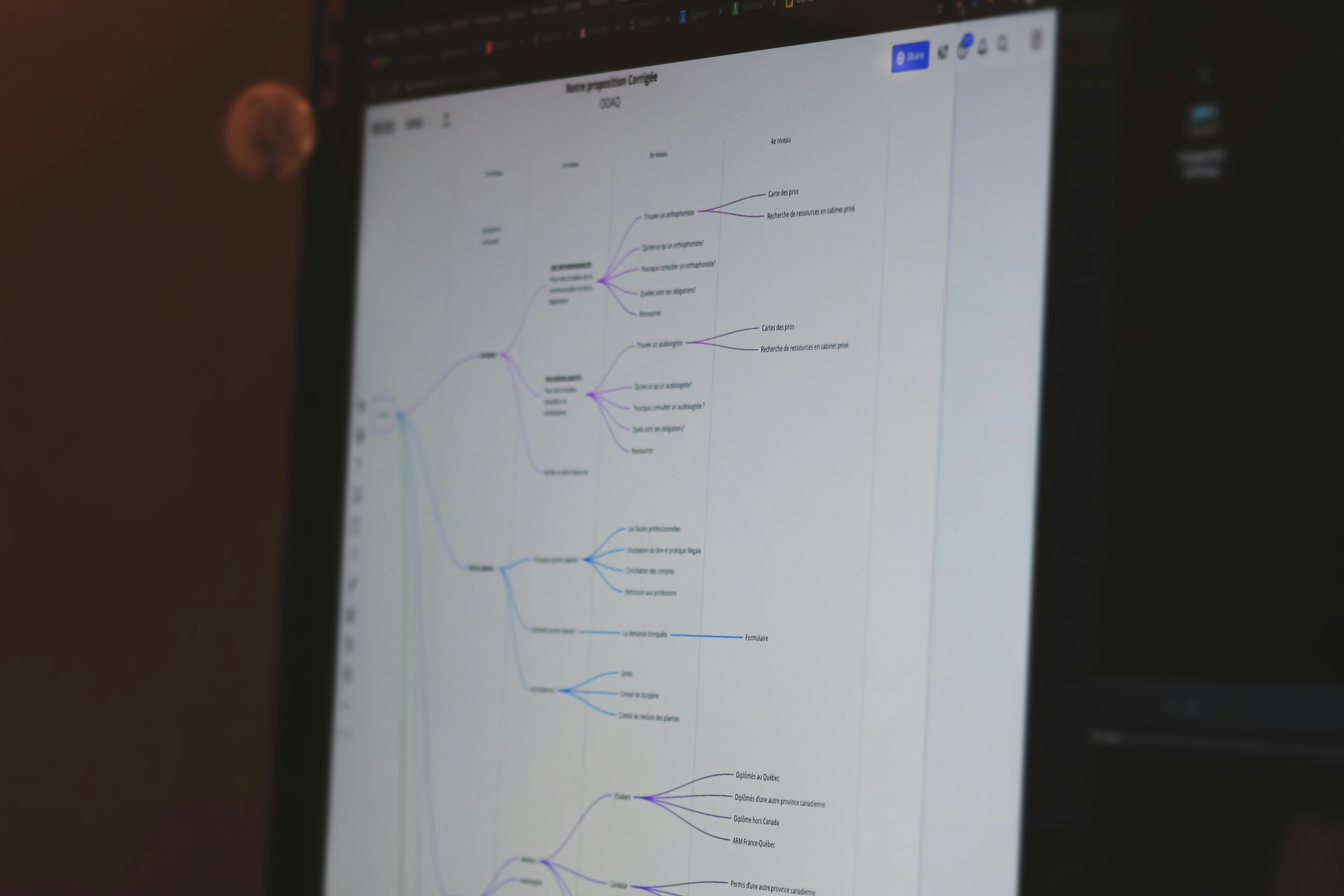The primary purpose of title tags and meta descriptions is to make a reader want to click on a link and read more. These short snippets of information are a key factor in helping a page rank in search engines.
Good title tags and meta descriptions can boost a page's ranking on search engine results pages (SERPS). Well-written title tags and meta descriptions that have been optimized for SEO can bring a page higher in rank on a SERP.
Let's learn more about title tags and meta descriptions, and why you should translate them.
What is a title tag?
It is the title of your webpage that gets displayed every time your website comes up in a search result. It serves as a headline that can tell people what to expect when they open the page. It is also a clickable link that takes visitors to your webpage. A title tag should contain elements that give readers a sample of your page. It is necessary to include a few keywords in a title tag--but not too many. When constructed correctly, a title tag can tell a search engine if a specific page will answer a user's search query.
Title tag example:

What is a meta description?
The meta description provides a quick summary of a page's contents. Because meta descriptions are short, they have to grab the reader's attention quickly. A good meta description encourages people to visit the website and learn more. Meta descriptions are no more than 155 characters long. Keyword phrases can be included in the meta description, which will increase the chances of the page ranking higher in a SERP.
Meta description example:

Should you translate title tags or meta descriptions?
After translating a website, you may think the job is done. But don't forget to localize your title tags and meta descriptions, too! International, multilingual SEO is incredibly important.
To make sure your newly-localized websites rank on search engines, you need to translate search title tags and meta descriptions into your target language. The importance of title tags and meta descriptions remains the same regardless of which language you translate your website to. A high-quality translation will be a significant advantage in improving search rankings in any language.
Translated SERP example:

Conclusion
Popular search engines like Google use algorithms to pull up search results based on ‘intent.' If your title tags and meta descriptions convey that your website will be able to satisfy the intent of a search, your rankings will improve. Another way that title tags and meta descriptions help search rankings is by inviting more clicks. When title tags and meta descriptions get more clicks for a page, the page is seen as more relevant to a search. So the rankings improve.Well-written title tags and meta descriptions should be an integral part of your localization strategy for both domestic and international SEO.
The Localize Solution
With high-quality translations, your website can be SEO-friendly in multiple languages and serve as a powerful marketing tool.
Localize is a Translation Management System that can streamline your localization efforts. Localize makes it easy to translate title tags and meta descriptions to suit target audiences across the globe.
Ready to translate your website and all your SEO data? Contact Localize today.








